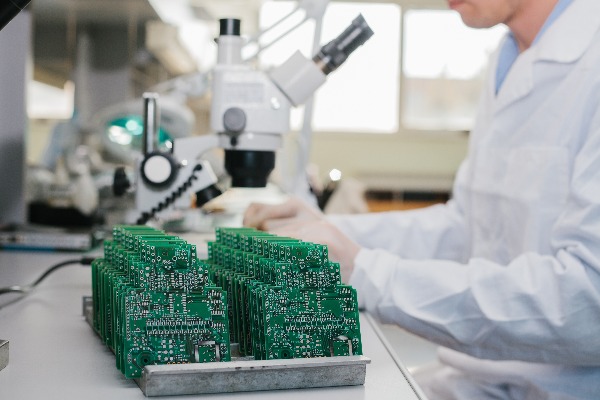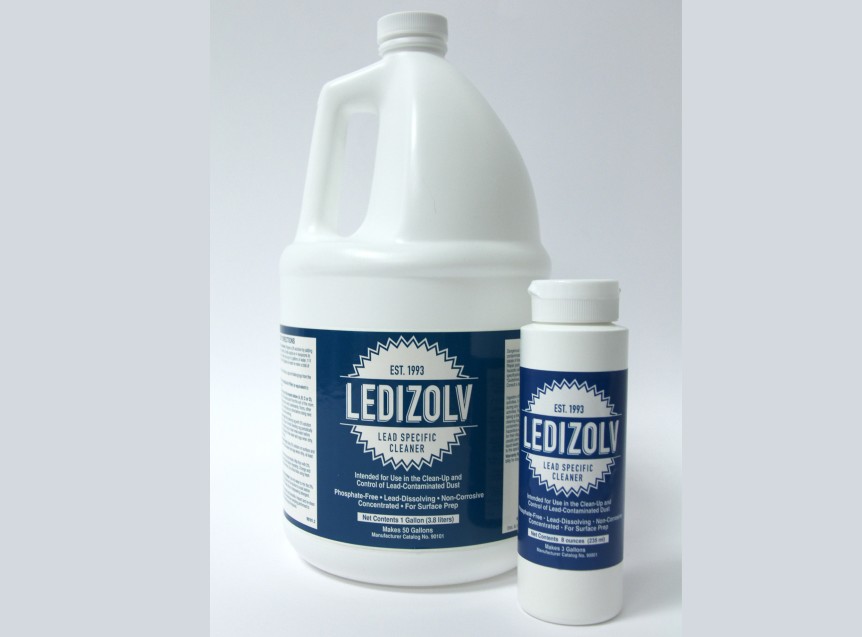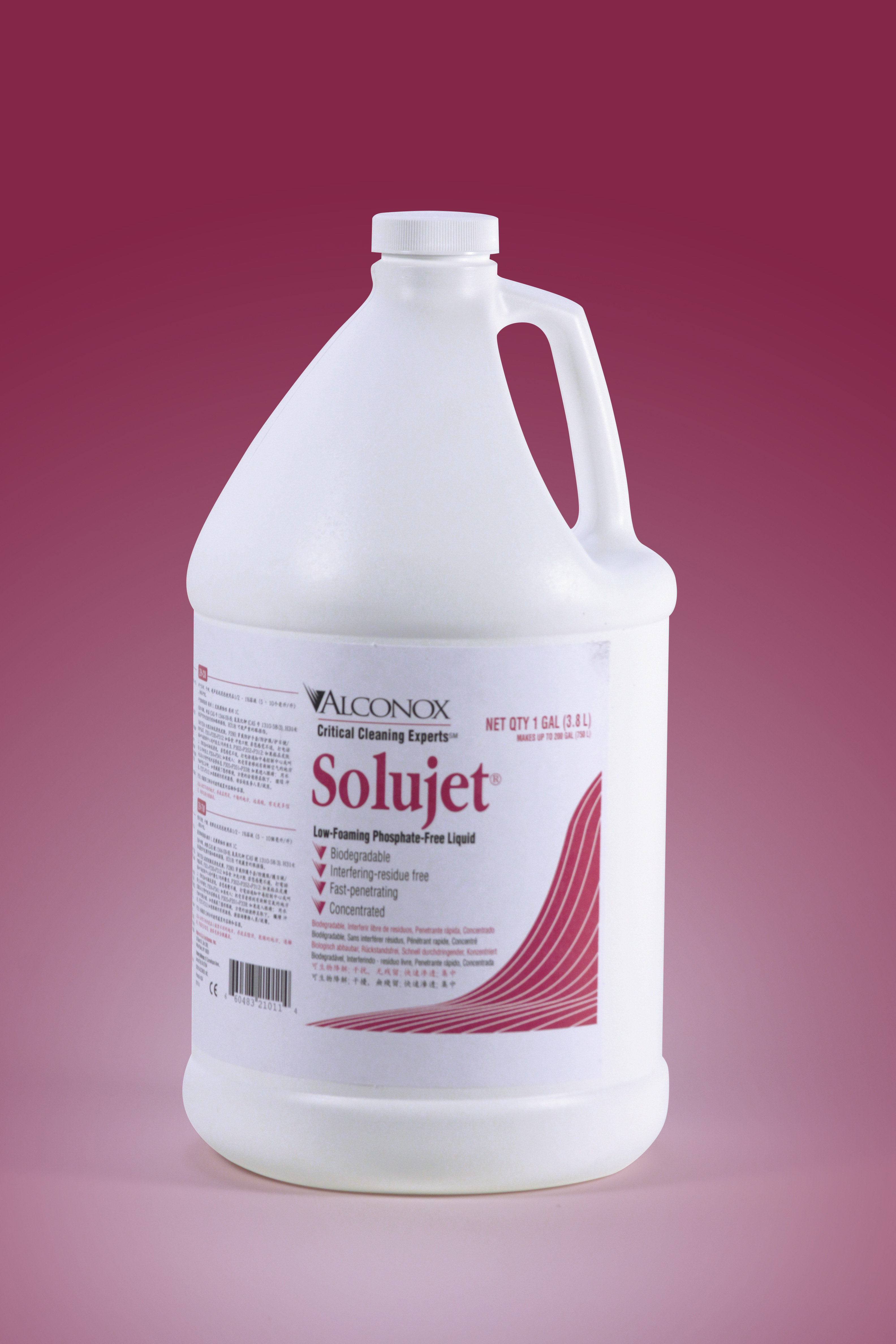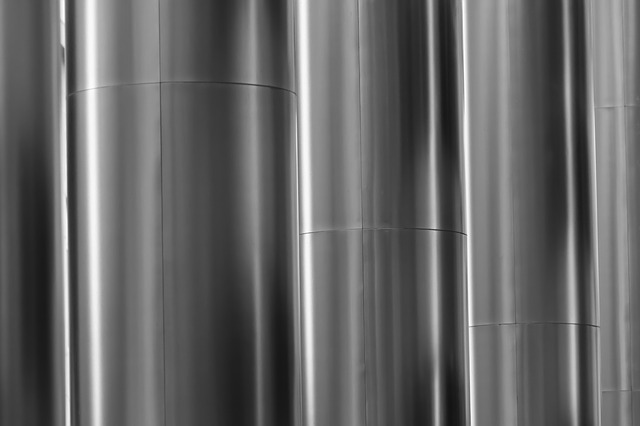Radioactive Decontamination in Lab
Q. What do you recommend for radioactive decontamination of stainless steel, glassware and lab equipment? We are a nuclear energy facility laboratory setting.
A. We would recommend Alconox® Powdered Precision Cleaner. It can be used for radioactive decontamination of stainless steel, glassware, labware, and the like. The phosphates and chelating agents
Residual Chlorine on Printed Circuit Boards
Q. We have found chlorine present on our printed circuit boards after ultrasonic cleaning and distilled water rinse. As ultrasonic cleaning detergent, we’re using either Liquinox or Detergent 8, but are unsure which one was used on affected boards. Could either be contributing to this issue?
A. It’s highly unlikely that either detergent, or your cleaning process, is the source of the chlorine residue. The cleaning process you described, if using detergent at recommended dilution levels, should successfully remove flux and process residues.
Range Lead Exposure
Making an indoor gun range safe from lead dust is possible with proper air ventilation and proper cleaning procedures that focus on lead abatement. When it comes to lead dust, it’s important to never dry sweep or shovel bullet debris. Wet cleaning, with proper lead dust cleaner is also essential.
How does Solujet stack up to a leading CIP detergent?
Unlike A LEADING CIP CLEANER, Solujet has high wetting surfactants that enhance emulsifying, wetting, dispersing and rinsing. The surfactants allow faster, more efficient cleaning and easier rinsing.
Cleaning Clear Anodized Aluminum
Q. We are seeing white residue on clear anodized aluminum that we are cleaning with Detojet. Why is this happening and what can we do to prevent it?
A. There are a few reasons this may be happening.
Possible Reason 1: The Detojet® Low Foaming Liquid Detergent concentration may be too low in the wash cycle and the concentration of calcium, magnesium and iron too high in the water used. This would result…




